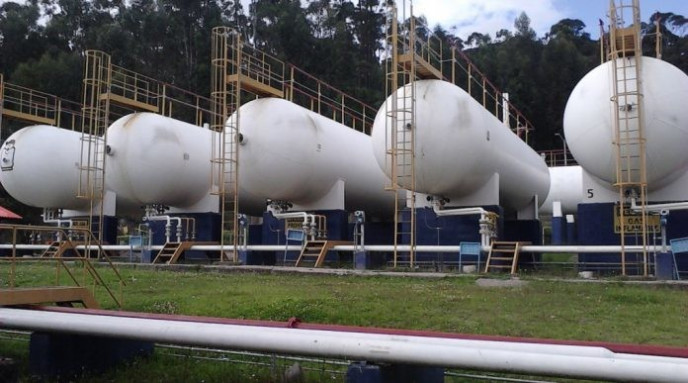- 4597
- 0
Sharing Ideas and Updates on LPG in Nigeria and related information to enable effective collaboration within the LPG Value Chain
Examining The Role Of Depot Owners In Retailing Gas In Nigeria.

The question of whether depot owners should be involved in retailing gas in Nigeria sparks a lively debate within the LPG industry and even on our Facebook Page. On one hand, depot owners argue that their direct involvement in retailing enables efficient distribution and ensures quality control. On the other hand, independent LPG retailers emphasize fair competition and the preservation of a level playing field. In this blog post, we will explore the perspectives of both depot owners and LPG retailers, allowing readers to form their own opinions on this contentious issue.
Depot Owners' Perspective: Depot owners argue that their participation in retailing gas offers several advantages. Firstly, by directly retailing gas, depot owners can streamline the supply chain and reduce unnecessary intermediaries, leading to cost savings. They argue that this enables them to provide gas at competitive prices to end consumers. Additionally, depot owners assert that their involvement in retailing ensures quality control, as they have better oversight of the entire process, from sourcing to distribution. They argue that this safeguards consumers' safety and promotes compliance with industry standards.
LPG Retailers' Perspective: Independent LPG retailers advocate for a level playing field, arguing that depot owners' involvement in retailing creates an unfair advantage due to their control over the supply chain. They emphasize that fair competition is vital for market diversity, innovation, and price competition, benefiting consumers. Retailers contend that allowing depot owners to retail gas may lead to reduced market opportunities for independent businesses, stifling competition and potentially limiting customer choice. They believe that an open market fosters entrepreneurship and supports small-scale retailers, ultimately benefiting the overall economy.
Balancing Perspectives: It is important to consider the potential implications of allowing or restricting depot owners from retailing gas. Allowing depot owners to retail gas may enhance supply chain efficiency, ensure quality control, and potentially lead to competitive pricing. However, this could raise concerns regarding monopolistic tendencies and the potential exclusion of independent retailers. Conversely, limiting depot owners' involvement in retailing may protect fair competition, encourage market diversity, and support independent businesses, but it could also impact distribution efficiency and quality control.
Finding a Solution: A possible solution lies in striking a balance between the interests of depot owners and independent retailers. Regulatory bodies can play a pivotal role in ensuring fair competition, establishing transparent pricing mechanisms, and enforcing quality control standards. This approach can create an environment where both depot owners and independent retailers can thrive, while safeguarding the interests of consumers.
The question of whether depot owners should be involved in retailing gas in Nigeria is a complex one, with valid arguments on both sides. Depot owners emphasize efficiency and quality control, while independent retailers emphasize fair competition and market diversity. As readers, it is crucial to consider these perspectives and engage in discussions surrounding regulations, competition, and consumer welfare. Ultimately, a well-regulated and competitive market will benefit the LPG industry and Nigerian consumers. By fostering an open dialogue and finding a balanced approach, stakeholders can work together to shape a vibrant and sustainable LPG market in Nigeria.
















0 Comment.